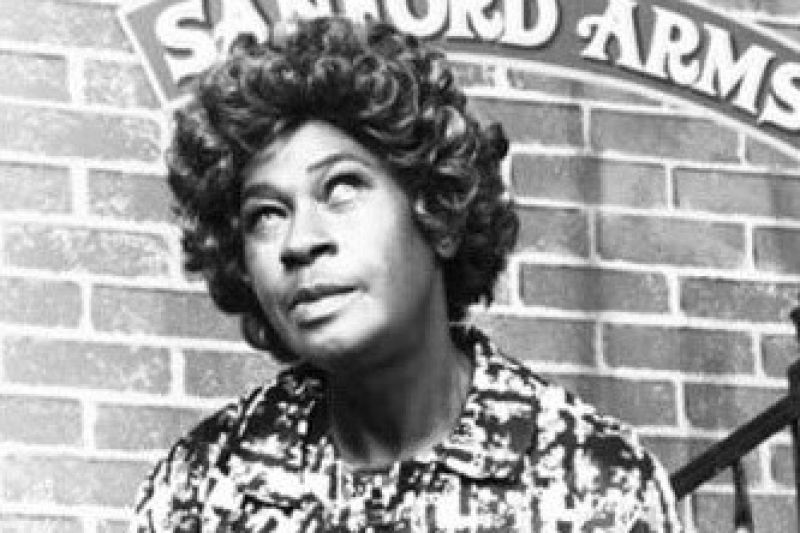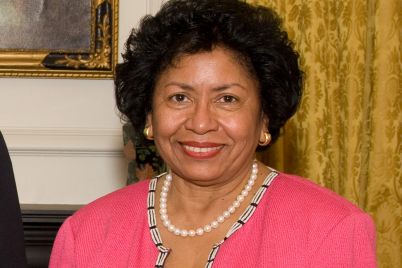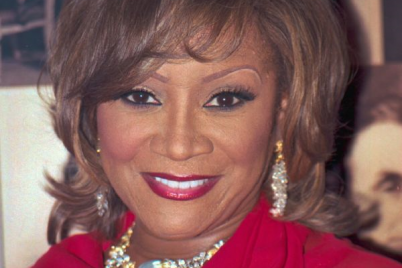LaWanda Page was an actress, comedian, and dancer whose career spanned six decades.
BY KEISHA BELL | Visionary Brief
Have you ever been on the verge of giving up, then opportunity knocked?
Meet LaWanda Page, who many may remember as playing the humorous character of Aunt Esther on the 1970s television show “Sanford and Son.” Off the set, Page was also a stand-up comedian. She was oftentimes marketed as “The Queen of Comedy.”
Born Alberta Peal on October 19, 1920, she died on September 14, 2002.
Notably, Page was one of only a few women who performed long-spoken word pieces using the toasting tradition. This is significant because historically, the toasting, or black signifying, tradition was mostly performed by men.
Its language oftentimes was offensive to many because, for example, of its use of profanity, and at times, the stories told for laughs depicted African-American women in negative ways. This did not seem to be an obstacle for Page, whose material was raunchy, blue comedy in nature. She used her performance opportunities to hone her craft while defying the odds.
Page contemplated leaving show business and returning home to care for her ailing mother. Around that time, her childhood friend, comedian Redd Foxx, was offered the “Sanford and Son” sitcom. He was an essential part of Page auditioning for and securing the role of Aunt Esther on the show. Foxx believed in her, even when the show’s producers grew increasingly concerned that she was not ready for the sitcom format.
Before accepting the role of Aunt Esther, Page’s work environment was mostly on nightclub stages. The producers knew her there. They liked her there. The sitcom world was different.
With regards to Foxx, the producers could easily imagine him on the set. After all, “Sanford and Son” was created around his character. Page, on the other hand, seemed to present to them a struggle. Would she “fit” the part? Many, especially women working in male-dominated industries, can relate to this even today. The struggle is still real.
Page stepped out of her comfort zone into a space where opposition was waiting. In doing so, she was not alone. She had a steadfast friend by her side. When the producers wanted to fire her, Foxx advocated on her behalf. If she were fired, he threatened to quit. Foxx meant business, literally.
It ended up being a good thing that the producers softened. Page’s role on the show became one of the most popular characters on any sitcom of the 1970s. Her experience reminds us that the superstardom within us may not be visible to a majority at first, yet we are never alone. Some of our biggest opportunities will come in uncomfortable places. We must have the courage to pursue them. In time, our work will be validated. Keep working.

Keisha Bell








